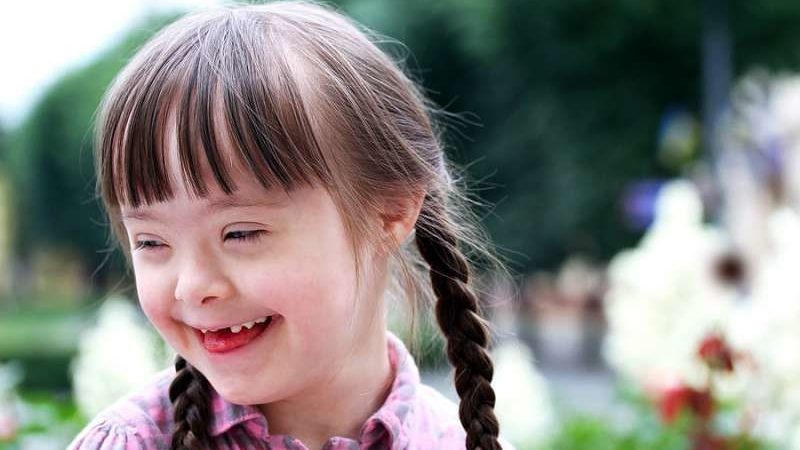Parents of persons with Down syndrome are pressed to procure abortion, and their healthcare is negatively affected throughout their life, Australia's disability royal commission has heard.
The Royal Commission into Violence, Abuse, Neglect and Exploitation of People with Disability began a hearing in Sydney Feb. 18. The two week hearing will listen to persons with cognitive disability and their loved ones, medical professionals, and advocacy groups about their experience with the health system in Australia.
Toni Mitchell told the commission Feb. 19 that when an ultrasound showed that her son, Joshua, would likely have Down syndrome and had a heart condition and was likely to miscarry, a doctor told her, “here's your appointment for a termination”, handing her a piece of paper.
“In that moment they completely disallowed his life. They said he wasn't worth living,” she reflected.
Joshua is now 19. He has Down syndrome, autism, and Hirschsprung's disease.
Toni told the commission that she tossed the paper indicating the abortion appointment, and, “that was the moment I had to start justifying my son's right to live and to be treated and I had to start justifying his value to be alive … They kept just judging us based on my decision to give him a chance at life.”
The commission's chair, Ronald Sackville, told the inquiry during his Feb. 18 opening address that the consequences of poor healthcare for those with disabilities are “as disturbing as they are profound,” and that “they should shock the conscience of all Australians.”
Rebecca Kelly, whose son Ryan has Down syndrome, said that in the model of Australia's health system “if you can't cure it … then you eradicate it.”
“If you think that person's life is a tragedy and that they suffer from this condition then you start to believe that it's an act of kindness or that it's a responsible act to do all you can to prevent that birth, and that becomes quite coercive,” she stated.
She added that the problems don't end with pressure to procure abortion.
“If you have a doctor (who) thinks that possibly your life's going to be a little bit better if your child doesn't make it because they're taking that burden away from you, that has horrible implications for the level of care that you don't get.”
The disability royal commission was established in April 2019. It is to provide an interim report by October, and a final report by April 2022.
Such inquiries are provided for under the Royal Commissions Act 1902. They serve as independent public inquiries, initiated by the government, and can make recommendations on reforms to policy or legislation.
A 2013-17 Royal Commission into Institutional Responses to Child Sexual Abuse urged a program to compensate the victims of institutional child sex abuse, which the Church in Australia established in July 2018.
It also proposed that priests be legally obligated to disclose sexual abuse sins which have been admitted in the confessional, or face criminal charges.
The Australian bishops' conference responded positively to nearly all the sex abuse royal commission's recommendations, but has defended the sanctity of the confessional seal.

